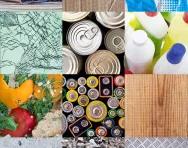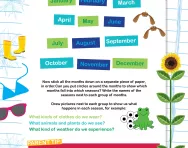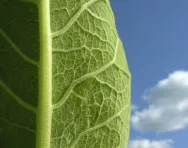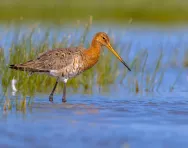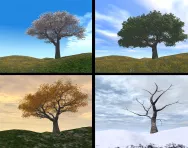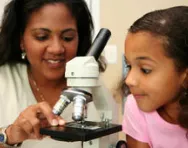Important update from TheSchoolRun
For the past 13 years, TheSchoolRun has been run by a small team of mums working from home, dedicated to providing quality educational resources to primary school parents. Unfortunately, rising supplier costs and falling revenue have made it impossible for us to continue operating, and we’ve had to make the difficult decision to close. The good news: We’ve arranged for another educational provider to take over many of our resources. These will be hosted on a new portal, where the content will be updated and expanded to support your child’s learning.
What this means for subscribers:
- Your subscription is still active, and for now, you can keep using the website as normal — just log in with your usual details to access all our articles and resources*.
- In a few months, all resources will move to the new portal. You’ll continue to have access there until your subscription ends. We’ll send you full details nearer the time.
- As a thank you for your support, we’ll also be sending you 16 primary school eBooks (worth £108.84) to download and keep.
A few changes to be aware of:
- The Learning Journey weekly email has ended, but your child’s plan will still be updated on your dashboard each Monday. Just log in to see the recommended worksheets.
- The 11+ weekly emails have now ended. We sent you all the remaining emails in the series at the end of March — please check your inbox (and spam folder) if you haven’t seen them. You can also follow the full programme here: 11+ Learning Journey.
If you have any questions, please contact us at [email protected]. Thank you for being part of our journey it’s been a privilege to support your family’s learning.
*If you need to reset your password, it will still work as usual. Please check your spam folder if the reset email doesn’t appear in your inbox.
Year 1 science: what your child learns
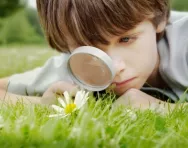
In Year 1 science lessons, your child will use the following methods, processes and skills:
- asking simple questions (for example, what would happen if I didn't give a plant water? What would happen if I tried to bend some plastic?).
- observing closely, using simple equipment.
- identifying and classifying.
- using their observations and ideas to suggest answers to questions.
- gathering and recording data to help in answering questions.
Year 1 science topics
Children will learn about the following subjects:
- identify and name a variety of common plants.
- identify and describe the structure of flowering plants.
- name common animals including fish, amphibians, reptiles, birds and mammals.
- name animals that are carnivores, herbivores and omnivores.
- compare the structure of different animals.
- draw and label the basic parts of the human body and say which part is associated with each sense.
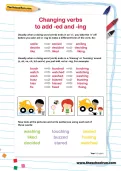
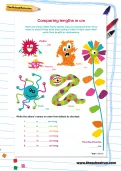
Start the Year 1 Learning Programme today!
- Weekly maths, English & science worksheets direct to your inbox
- Follows the National Curriculum
- Keeps your child's learning on track
Everyday materials
- name a variety of everyday materials including wood, plastic, glass, metal, water and rock.
- describe the simple physical properties of a variety of everyday materials.
- compare and group materials.
- observe changes across the four seasons.
- describe weather and day length associated with the seasons.
Try this at home
- Have a look at some plants in your garden or on a walk in the park. See if your child can name the different parts of a plant. Explain that part of the plant is under the soil (push some back to show them the roots). Ask them if they know what the roots are for. Get them to draw their own diagram of a plant when they get back inside, labelling all the parts..
- Turn an A4 sheet so it is landscape and write the following headings along the top: Wood, Plastic, Glass, Metal. Now ask your child to go around the house and make lists under each heading of anything they can find made of that material: windows, radiator, wardrobe etc. Discuss with them why each material is used to make the different objects. Why do we have glass windows rather than wood? Why is food packaged in plastic rather than paper?
- Show your child a list of the months of the year. Ask them to circle the months that they think are the winter months. Ask them what the weather is like in the winter. What do we do in the winter to help us with the cold? Now ask them to circle the spring months. What is the weather like in the spring? Continue with summer and autumn.
- See if you can find any books in the library on different types of animals. Read the books with your child and encourage them to become an expert on the subject before they study this topic at school.
Make science real (and fun!) at home with one of our Year 1 science activities and worksheets.

